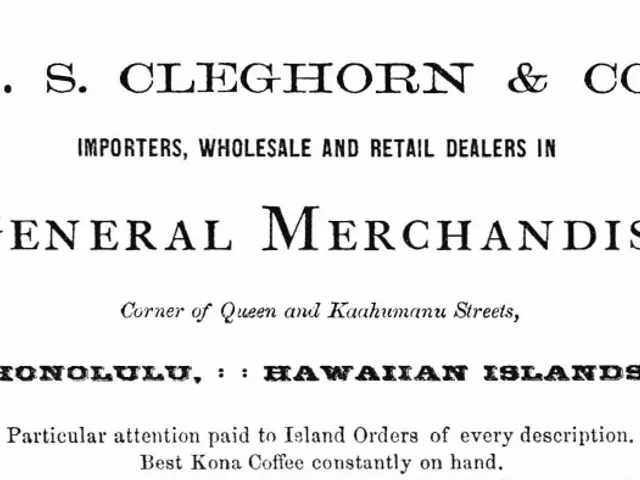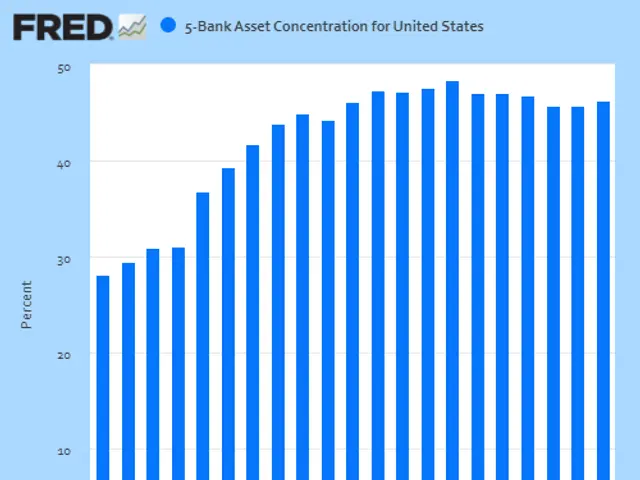Federal Department of Energy revised its 2015 diesel-fuel price prediction, lowering it by 3 cents to $2.86 per gallon.
In the first quarter of 2026, the trucking industry has experienced a general downturn, with most carriers reporting a decrease in revenue and net income. However, FedEx bucked the trend and reported an increase in both revenue and net income.
The decline in demand has not been significantly affected by the soybean plant in South Dakota, which aims to boost the biofuel industry. The biofuel industry in the state remains unaffected by the decline in trucking demand.
The North American Free Trade Agreement (NAFTA), now known as the USMCA, is under review, but no new action plans have been outlined by Canada, Mexico, or the US. Canada and Mexico have, however, outlined an action plan before the USMCA review.
The future looks bumpy for the trucking industry, with FTR forecasting a continued decline in demand for the next 18 months. This prediction is shared by trucking carriers and executives, who anticipate a challenging environment for the upcoming months.
Werner Enterprises, Bay & Bay Trucking, and J.B. Hunt are among the carriers that have reported a drop in revenue for Q1 2026. One carrier, Schwarz Transporte, expects an uneven ride for their trucking service, particularly when utilising the Mercedes-Benz eActros 600 electric trucks. The challenges they face include restricted range and charging stops on routes such as Linz to Innsbruck.
No specific information about subscription or gift subscription was provided in the news article.
August Class 8 truck sales showed a decrease of 13% compared to the prior year for multiple carriers, further indicating the ongoing downturn in the trucking industry.








